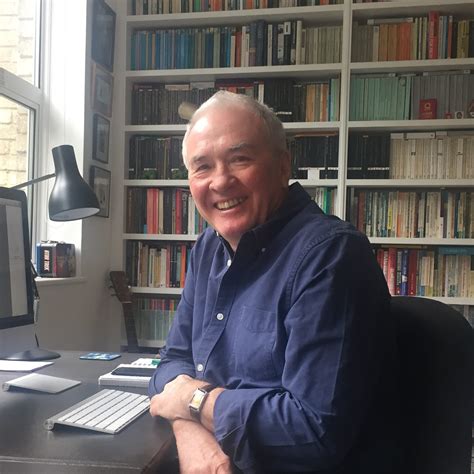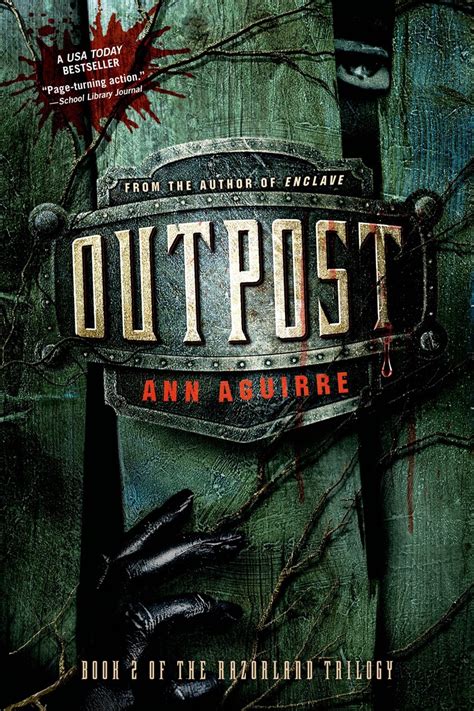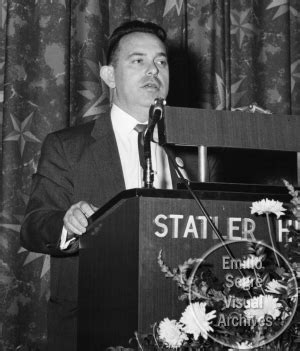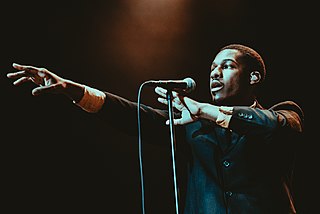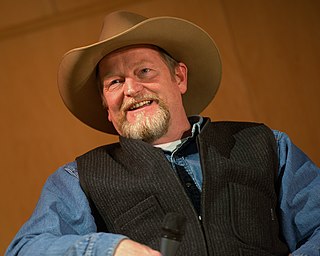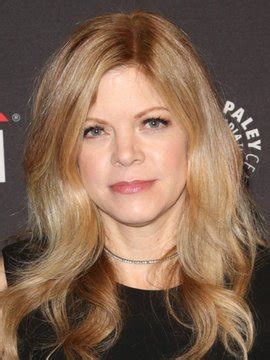A Quote by Tony Bradman
I don't usually like teen novels written in the present tense, particularly those told from a first-person viewpoint. Too many writers seem to believe that using either or both devices automatically imbues their stories with deep seriousness and a contemporary feel.
Related Quotes
The fact that there are so many weak, poor and boring stories and novels written and published in America has been ascribed by our rebels to the horrible squareness of our institutions, the idiocy of power, the debasement of sexual instincts, and the failure of writers to be alienated enough. The poems and novels of these same rebellious spirits, and their theoretical statements, are grimy and gritty and very boring too, besides being nonsensical, and it is evident by now that polymorphous sexuality and vehement declarations of alienation are not going to produce great works of art either.
Technically and logically speaking, actual Victorian science fiction writers cannot be dubbed 'steampunks.' Although they utilized many of the same tropes and touchstones employed later by twenty-first-century writers of steampunk, in their contemporary hands these devices represented state-of-the-art speculation.
Try to find the real tense of the report you are reading: Was it done, is it being done, or is something to be done? Reports are now written in four tenses: past tense, present tense, future tense, and pretense. Watch for novel uses of CONGRAM (CONtractor GRAMmer), defined by the past imperfect, the present insufficient, and the future absolutely perfect.
I still read romance, and I read suspense. I read them both. And part of it is, I like stories with strong characters, and I like stories where there's closure at the end. And I like stories where there's hope. That's a kind of empowerment. I think romance novels are very empowering, and I think suspense novels are, too.
My major preoccupation is the question, 'What is reality ?' Many of my stories and novels deal with psychotic states or drug-induced states by which I can present the concept of a multiverse rather than a universe. Music and sociology are themes in my novels, also radical political trends; in particular I've written about fascism and my fear of it.
It's true that the young who now flock to script writing, or producing and directing, to fulfill the demands of these new devices would, in an earlier period, have been submitting to magazines and working on their first novels. But even in the midst of all these "digital products," the wonder of it is that there are still so many young writers who continue to believe in the venerable print novel as the corridor to fame and fortune.
If there's a character type I despise, it's the all-capable, all-knowing, physically perfect protagonist. My idea of hell would be to be trapped in a four-hundred page, first-person, first-tense, running monologue with a character like that. I think writers who produce characters along those lines should graduate from high school and move on.
Maybe I've just read too many novels. In novels, alcoholics are always attractive and fuuny and charming and complex, like Sebastian Flyte or ABe North in Tender in the Night, and they're drinking because of a deep, unquenchable sadness of the soul, or the terrible legacy of the First World War, whereas I just get drunk because I'm thirsty, and I like the taste of lager.
